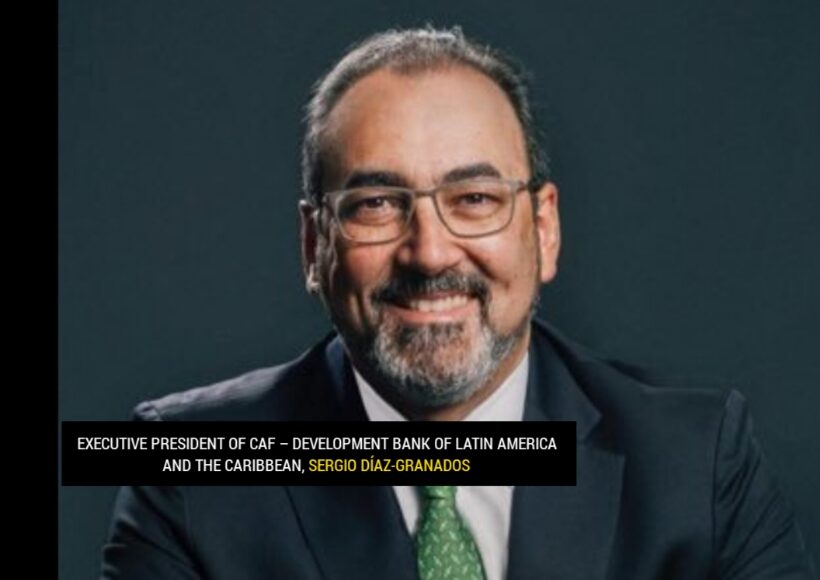With the Latin America and Caribbean (LAC) region being home to 60% of the world’s biodiversity, 80% of its biomes, and 30% of the planet’s available freshwater resources, Executive President of CAF – Development Bank of Latin America and the Caribbean, Sergio Díaz-Granados, is urging LAC leaders to assume leadership roles in global biodiversity efforts.
In a recently published OP: ED, Díaz-Granados noted that with the 16th meeting of the Conference of the Parties to the Convention on Biological Diversity (COP16) which is ongoing, LAC leaders should use the opportunity to assert their role in the global fight against biodiversity loss.
He highlighted that COP16, which is being held in Cali, Columbia offers an opportunity for the region to showcase its strategic ecosystems, including the Amazon rainforest, mangroves, and the Atlantic Forest. He said, “This is why, at COP16, Latin America and the Caribbean must assert themselves as a mega-diverse power and a region of solutions.”
However, he noted that to capitalise on this potential, LAC nations must intensify efforts to implement public policies aimed at preserving their ecosystems. “All countries in the region have ratified the Convention on Biological Diversity (a 1993 agreement aimed at conserving biodiversity), but few have submitted action plans for biological diversity protection through 2030,” he said.
Díaz-Granados noted that lack of commitment stands in contrast to the goals established at COP15 in Kunming-Montreal, where targets were set to halt and reverse biodiversity loss. He noted that COP16 will serve as a platform for reviewing the progress of these action plans and addressing issues such as equitable access to genetic resources and mobilising USD 200 billion by 2030 for biodiversity initiatives.
The CAF executive called for innovative financial mechanisms, stating, “We must build consensus to mobilize more funds and implement innovative financial mechanisms, such as the issuance of green bonds, debt-for-nature swaps, catastrophe insurance, or biodiversity certificates.”
He pointed to the recent US$1 billion debt conversion in El Salvador aimed at conserving vital watersheds as a notable example of such innovation. “Development banks are crucial for providing and mobilizing new financial resources, but also for aligning countries’ long-term development agendas,” Díaz-Granados said.
Moreover, he also disclosed that at COP16, CAF will introduce the “Biodiversity Unites Us” pavilion, aimed at facilitating dialogue among stakeholders, fostering collaboration, and promoting innovative solutions for biodiversity conservation.
The pavilion will also serve as a platform for scientific institutions to share data and promote science-based solutions to combat biodiversity loss. He stressed the urgency of uniting efforts to ensure that the region’s voice resonates in global environmental debates.













